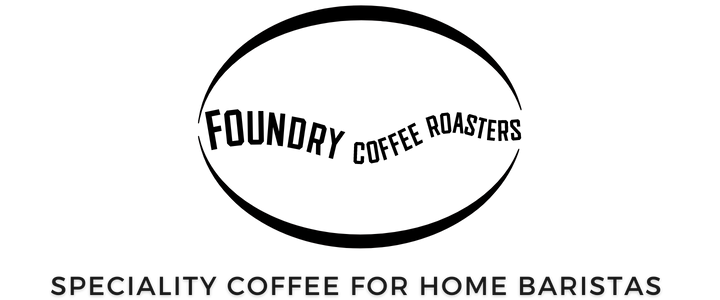-
Buy Coffee
-
Buy Other Stuff
-
Everything Else
ORDERS PLACED NOW WILL BE SHIPPED ON MONDAY 29th DECEMBER - (more info here)
March 15, 2022
We get asked a fair bit about how we source our coffee. The answer is a fairly simple one (we buy all our coffee from importers) and this post will explain the approach we take.
What Is an Importer?
In essence, an importer sources coffee at origin and arranges for it to be shipped over to the UK. Although this sounds fairly straightforward, it is actually a really complex process, involving a huge number of people.
Dealing with bureaucracy in different countries and ensuring that all the necessary hoops are navigated smoothly is something that takes a lot of knowledge, time and experience.
What About Direct Trade?
We haven’t really been able to buy into the idea of buying directly from coffee farmers. There are a number of reasons for this but most of them are related to our principles around ethical trading.
Firstly, we have no way of really knowing who we are dealing with if we go ‘direct’. We can’t easily check that the grower is a good employer, or that they are farming sustainably, for example.
As things stand, we feel that it is impossible to be sure that a direct trade is an ethical one without having people on the ground, working with the people producing the coffee. Who knows, this may be something that we end up doing in the future, but we’re not there yet.
Why Importers Then?
A good importer understands all these issues, inside and out. The ones we work with have offices in producing countries and will often have been working with local producers for several years.
This long term relationship is important. Importers will often provide finance, or equipment to producers in advance of the harvest, providing vital cash flow to the farmer and enabling the grower to focus on quality.
Quality initiatives often take several years to come to fruition. It may start with an educational agronomy program, for example. This in turn may lead to the selection of different species or the adoption of better growing practices.
Some importers will even buy lower quality coffee from a farmer alongside the high quality part of her yield. The importer can then sell this coffee on the commodity market, again providing more security for the grower.
Choosing Importers
We work with a handful of importers. Each one tends to have a specific focus.
Some are based in only one country, perhaps representing a group of farmers, some of which will be family members of the people running the importing business.
Other importers may be great at sourcing coffee from particular regions, or have long-term projects that we want to support in producing communities.
Relationships with importers are key for us and over time, we get to know the businesses that we want to work with. When we find an importer we like, we’ll tend to work with them over the long term - in fact, we’ve been working with one of them since the day we started trading!
Is the Coffee ‘Fairtrade’?
That question is probably a bit beyond the scope of this post. This post, on the other hand, does an excellent job of outlining some of the problems with FairTrade coffee.
TLDR? - we’re all for paying fair prices to farmers, but FairTrade is more or less irrelevant in the speciality coffee market.
Bottom Line.
For now, we are happy with how we are sourcing coffee.
Even though beans cost us a little more than if we bought them direct, we are happy to pay a premium if it means that through our relationship with importers, we are able to trade ethically with the people that are growing coffee for us.
